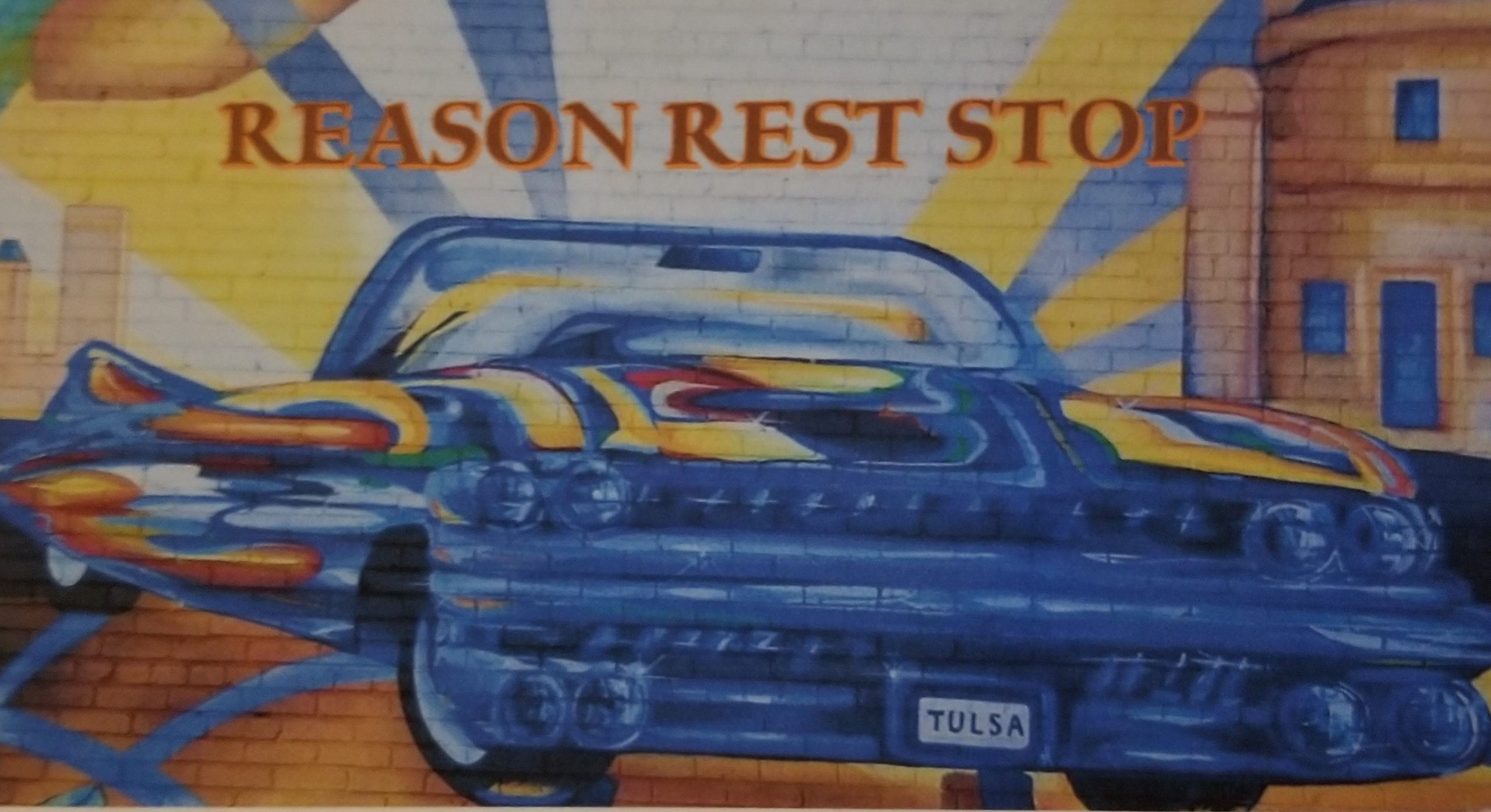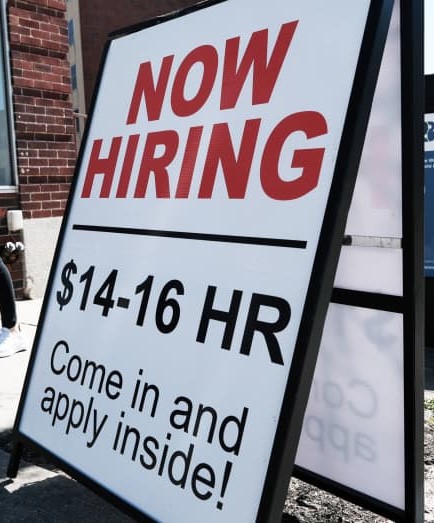Rarely in the socioeconomic evolution of the human species do we find ourselves in the middle of a transformative moment which has not been created by any political agenda or legislated policy. As Covid-19 cases steadily decline and move below sub-crisis numbers, the dearth of labor is becoming ever more apparent. There are many who are attributing this phenomenon to the hindering of the full reopening of the economy, specifically the service economy, nationally and locally. Indeed, a walk down any restaurant row where business pre-pandemic was vibrant now sports a sea of “Help Wanted” signage. This staffing shortage is not exclusive to kitchen and serving personnel. Most other industries are struggling through the same manpower pinch. To find a transfigurative scenario like this where labor is sought and the working class have some negotiating leverage, we must look back to the Middle Ages after the Black Plague wiped out roughly a third of the population of Europe. The shortage of workers that confronted the landowners and business classes effectively placed the those in the peasant class in a decidedly more powerful position. The basic economic dynamics illustrated by the aftermath of the Black Death are not too different than those now.
Positives of the Black Plague for peasants
From the time I entered the work force nearly five decades ago all the way up until Covid-19 forced a universal lockdown in March of last year, I quietly noted as I ascended the ladder of professional compensation what was happening at the bottom wrung of it. It was duly noted that entry level salaries and the minimum wage in particular slowly crept upward at glacier speed, but remained hugely disproportionate in comparison with the profits of many business owners and corporations. This likely would not have emerged as the political issue it has become if the cost of living had not outpaced it years ago. Adding fuel to the fire of a full blown socioeconomic crisis was the fact that many in the work force could not afford so many life essentials on minimum wage income, even when working multiple jobs. I quickly lost count of the times the favorite canard trumpeted by so many Conservative politicians that “Raising wages increases cost, stops job growth and creates inflation” has been used along side their number one go-to talking point, “Tax cuts create jobs.” Based on current observations, such trite platitudes are now well beyond their shelf life. Unlike what employees and rank and file workers have had to do for so long, business owners and corporate employers are going to have to make some substantial changes in how they operate in order to maintain competitiveness in the market place. That begins by compensating their workforce fairly in proportion to the current cost of living. Do understand that the term “minimum wage” is the lowest remuneration a business, numerous loopholes aside, can legally pay an employee. This means if an employer could pay a worker less, they would. The writing on the universal wall indicates that this concept will also soon be totally moot.
Emergence from the pandemic reveals a very different lay of the land for business, both big and small, in that a natural reset button appears to have been pushed. Despite all the hinderance of getting businesses reopened to pre-lockdown capacity, many owner/operators and corporate CEOs have had to swallow their pride and relearn some hard lessons of early elementary school. When out loud public complaints like “Nobody wants to work” or “Everyone has gotten too lazy” or “Welfare handouts have undermined motivation to get a job” or excuses to that effect failed to produce the desired result of filling job openings, something had to change and a fresh employment strategy was called for.
That lesson we learned in second grade rang true. We really do attract more ants with a drop of honey than with a gallon of vinegar. The required line of thinking regarding what attracts job applicants has finally become apparent. Why not fly in the face of convention and offer higher wages and perhaps a few job perks? What does any self-respecting entrepreneur needing employees to work have to lose? Finally, we begin seeing what we should have been seeing a long time ago.
For time in memorial principles like “survival of the fittest” or “trim the fat” or “reorganization” were used by corporations and many employers to lay off or dismiss even the most loyal employees. This was often done on an individual basis for the stated reason of substandard performance, but frequently layoffs were done in the name of boosting profit margin as employers attempted to maintain pace with competition by demanding more production with less manpower. The situation post-pandemic has flipped the script on this. Moreover, it has brought home the universal reminder that labor creates all wealth. Despite this, many employers are continuing to stubbornly resist the change the new economy is demanding. I look for the hold-outs to refuse to do what they must in order for their business to survive in this reset world where the field is more level until the last possible minute, if they choose to at all. I’m sure there will be some who will still be slathering the lipstick on their minimum wage/no benefits/no perks pig long after they have failed to realize they have become a caricature of another time and place.
The ugliest flaw that has become the earmark of American Conservatism in the past forty years is an emboldened sense of entitlement making it an inalienable right to demand the benefit of everything and to refuse any and all liability. This sentiment exists of course only in the minds of its subscribers, but it has been observed repeatedly in corporate decisions and that of smaller business entities in an effort to maximize profits. With the passage of Right to Work laws and the decline of unionization, employers found great benefit in the abundance of what was seemingly regarded as disposable labor obtained from a deep pool of applicants satisfied to work for less. “Less” meaning minimum wages or a comparably lower salary and over time said labor force quietly accepted reduced full time employment and scaled back or eliminated employee benefits such as health insurance, paid time off, sick leave and most other perks that once attracted enthusiastic applicants. This is another concept that will need to be retooled going forward. As it was stated to Yours Truly on more than one occasion prior to retirement, “No person is entitled to employment anywhere.” I would like to welcome all whoever said or thought such a thing, and perhaps still allow it to permeate their thinking, to the American economy after Covid-19 where No employer is entitled to labor whether it be starvation wage or otherwise!
The existential question confronting all prospective employers seeking workers for their business enterprise is this:
“Why would anyone want to work for me?“
If self-preservation is an instinct possessed by any corporate CEO or business owner-operator seeking capable employees, they must accept and internalize certain harsh realities of post-pandemic America. Chief among these are that cheap help is often not reliable and reliable help is not cheap! Forget what any current federal law may dictate. If any business in need of workers desires to remain open and operating they must understand that starvation wages have now gone the way of the 8-track tape, the rotary telephone and the dial-up computer modem. The good news is that smiles and good manners are still free, all the way around. I wish the best of luck to everyone in this fabulous new World!


I really do believe that the pandemic allowed or even forced people to reevaluate their entire lives. I think it allowed people (who were not facing starvation and eviction) to start exploring other aspects and interests. It reminded employers that they REALLY NEED
their employees in order to stay open. As many hours as you spend at work it should feed your soul. The past minimum wage jobs crushed your soul AND did not feed your family. Now that places are desperate for workers they are willing to pay a living wage. Let us hope against hope it is a lesson they remember.
The current spike in inflation is – inarguably – being partially driven by dramatically increased wages across the board.
Nothing novel in this development.
Those who aspire to the immediate acquisition of middle-class comforts – and status – while performing minimum wage tasks, are doomed to disappointment, bitterness, and penury.
I clearly understood this by my late teens and set my sights MUCH higher – all the while working (sometimes as many as three jobs) for as much education as I could afford, while deferring my consumerist/procreational desires AND avoiding debt like the poison it is.
Was it fun? Well, nobody ever said that it would be.
Did it teach me the value of human sweat and money?
Unquestionably.
Although Covid has been an awful plague on this country the changes it is making to the labor market are welcome and long overdue. Being cast aside during the early days of the pandemic gave workers the resolve to tell employers to piss off when they demanded they come back for the same bag of peanuts. John Deere is headquartered in my area and those employees are finally taking a hardline stand against a company that has eroded their pay and benefits for decades while reaping billions in profits. Compound that with the fact that millions of boomers are retiring leaving huge gaps in the workforce. The worm has turned and employers who refuse to accept it will perish.
Stan, you are such a wise man. I will be reading this several times so that I can capture the evolution of work from what is has been to a hopefully better place, ironically hastened by a pandemic. I do hope that the ethics of employment grow in a more positive direction for the good of everyone. While one of my children is employed (self) and can support herself at this time, the future of the younger one, still in college, is so unknown. Thank you for your well-said essay and for your understanding of the world.